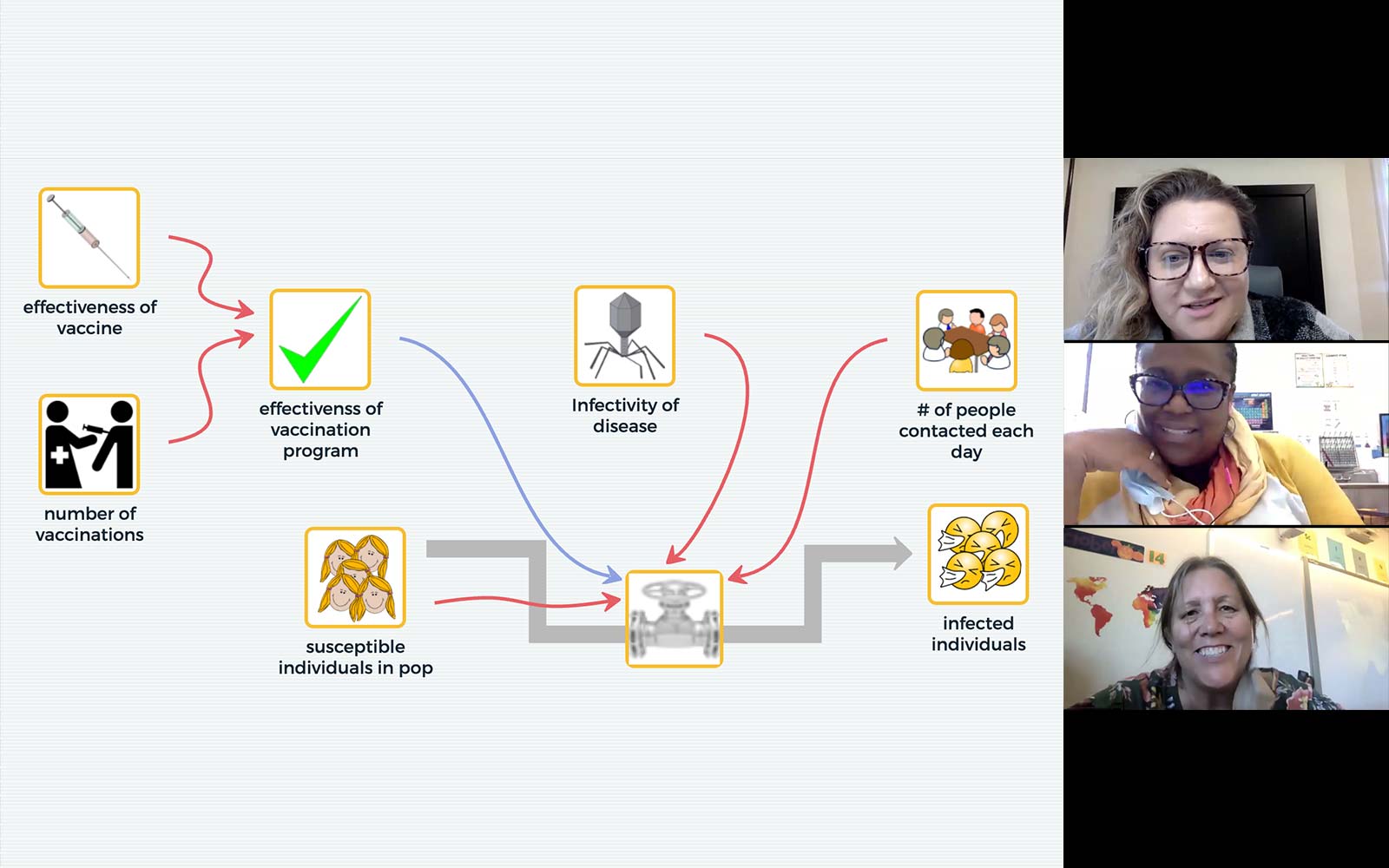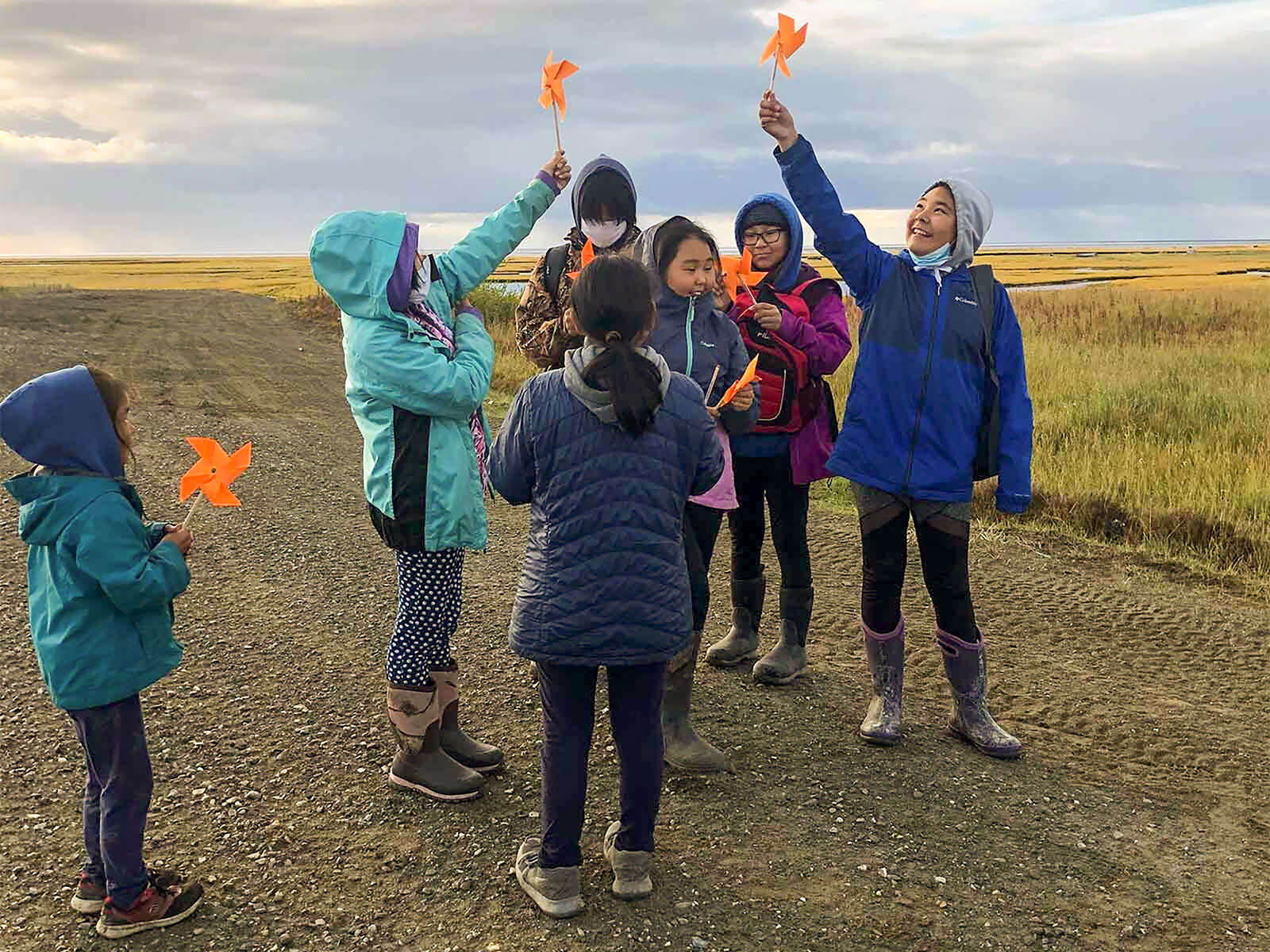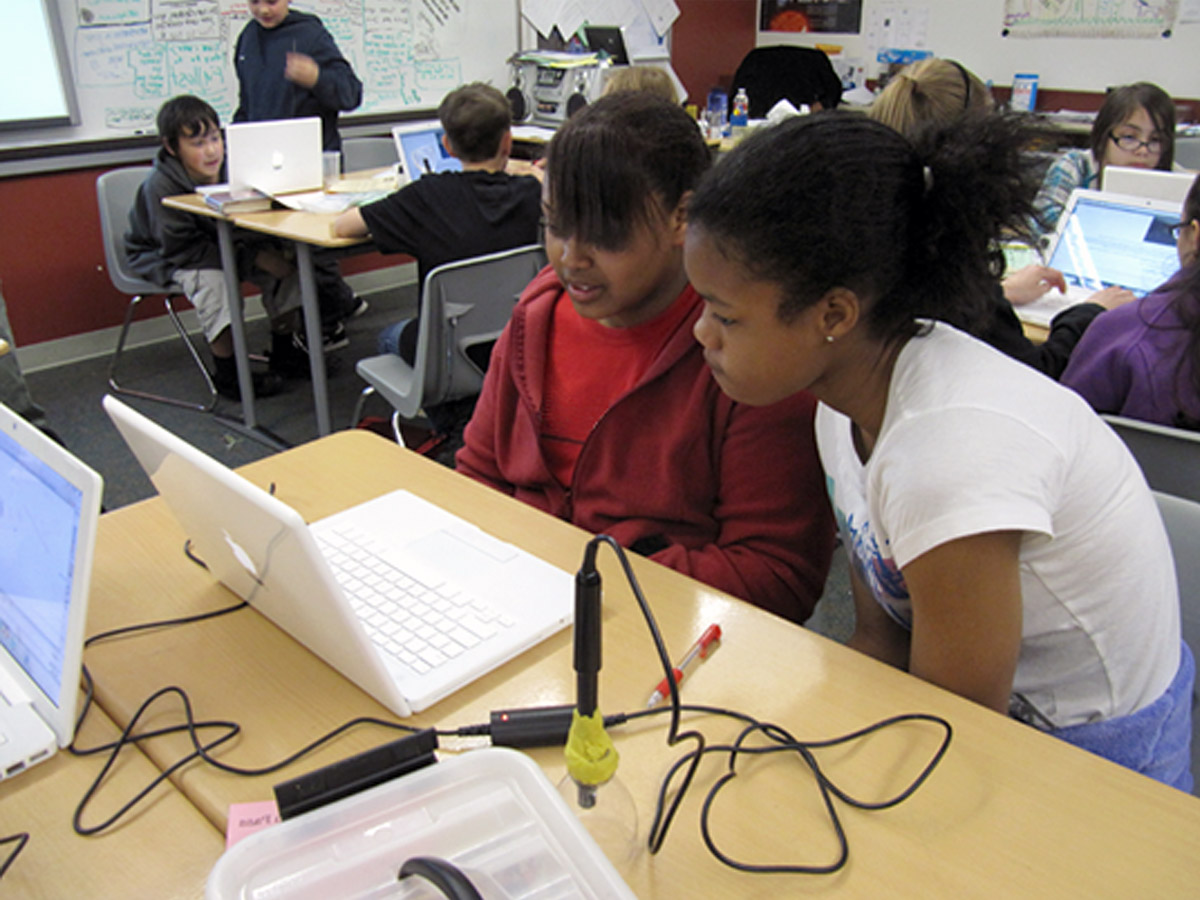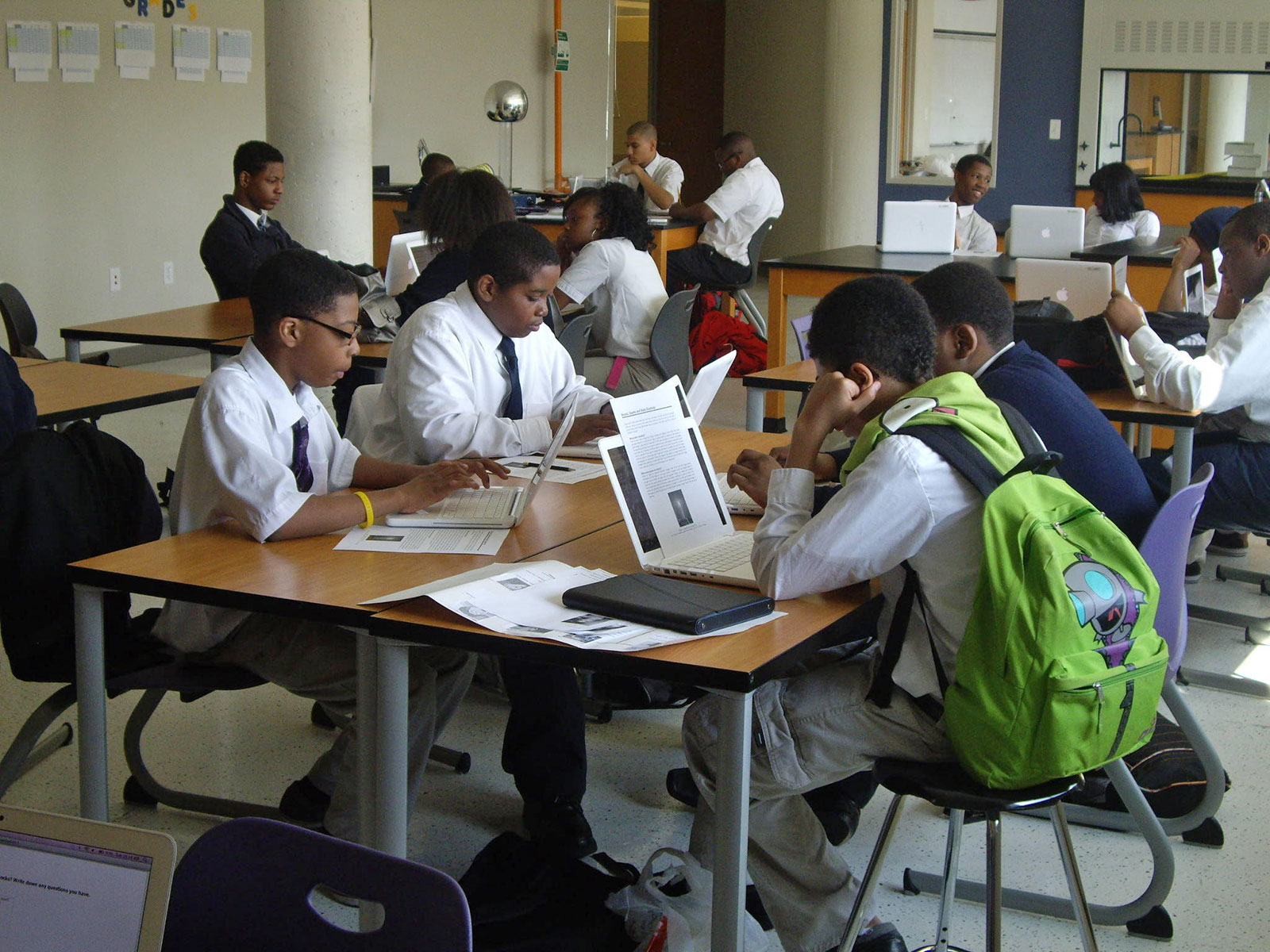Next Generation Science Assessment
Importance
The Next Generation Science Standards (NGSS) are written as Performance Expectations that integrate three dimensions: disciplinary core ideas, crosscutting concepts, and science and engineering practices. To measure student progress toward achieving proficiency in any standard, an assessment task must include all three dimensions. Technology is a uniquely adept tool for designing and delivering tasks that can meaningfully include the practices.
The Next Generation Science Assessment project is a collaboration between the University of Illinois at Chicago, Michigan State University, SRI International, and the Concord Consortium, with funding from the National Science Foundation and the Moore Foundation. We are currently developing technology-enhanced assessments for classroom formative use that address middle school physical and life science NGSS Performance Expectations. The Concord Consortium’s online delivery platform allows us to take advantage of web-based tools and simulations that benefit students and teachers, as well as researchers on our team working to validate and improve the assessment tasks.
For more information, visit the main project site: nextgenscienceassessment.org
Research
We are incorporating principles of evidence-centered design and state-of-the-art psychometric methods within an integrated validity framework to develop, test, and analyze sets of technology-supported diagnostic classroom assessments for middle school physical science and life science. The validity studies address cognitive, inferential, and instructional aspects of validity and include expert reviews of alignment with the Framework and the NGSS, student cognitive analyses, classroom observation, teacher interviews, and psychometric analyses.
Publications
- Damelin, D., & McIntyre, C. (2021). Technology-enhanced assessments for ngss classrooms. @Concord, 25(1), 12–13.
- Damelin, D. (2017). Using technology to enhance ngss-aligned assessment tasks for classroom formative use. @Concord, 21(1), 8-9.
Activities
View, launch, and assign activities developed by this project at the STEM Resource Finder.







